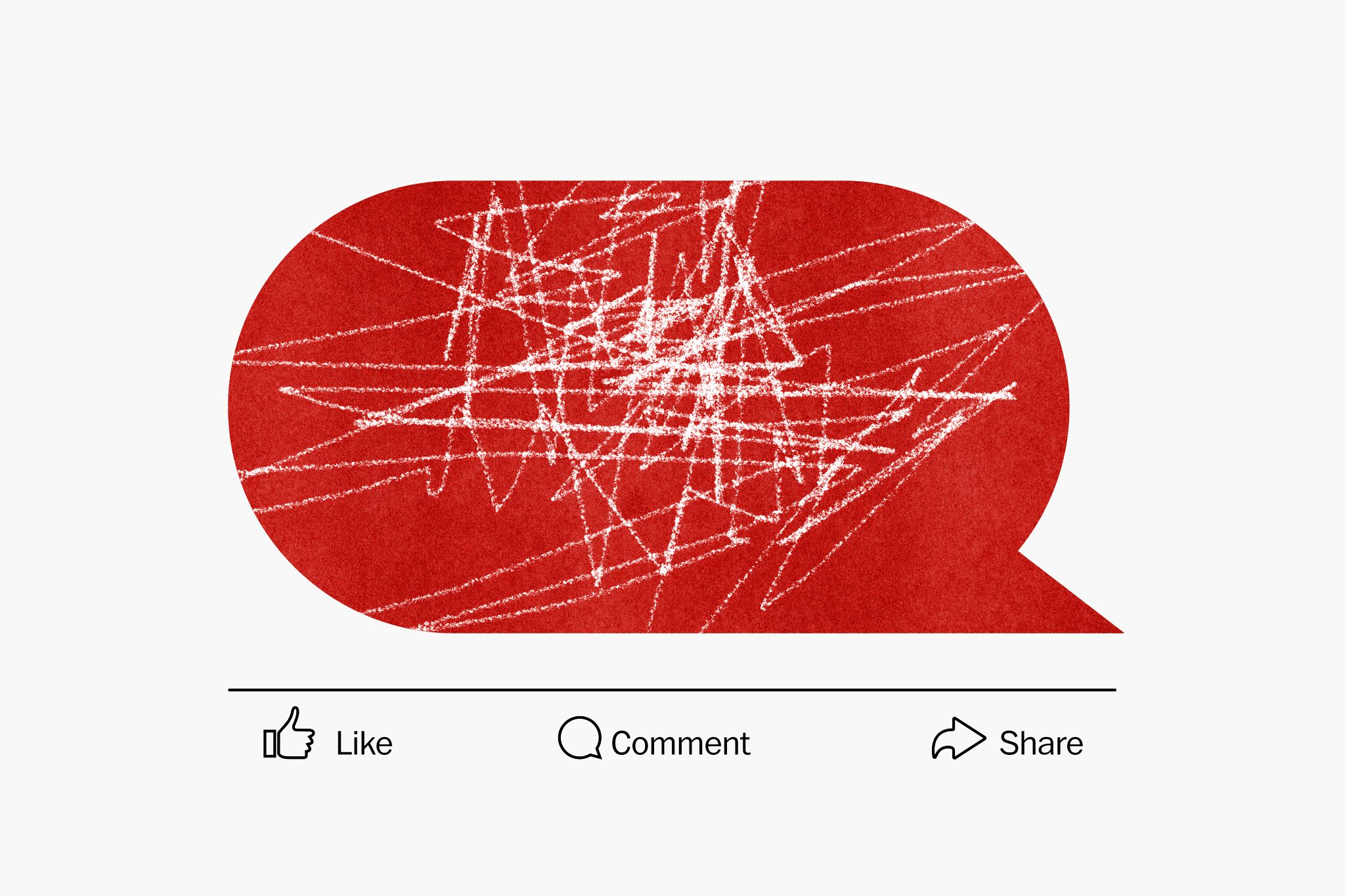The ongoing legal battle of Murthy v. Missouri reveals a disturbing truth: the federal government is not just a passive observer in the world of social media; it is actively shaping what we see and hear. This case questions the boundaries of the First Amendment, as it explores whether government involvement in content moderation at platforms like YouTube, Facebook, and X (formerly Twitter) violates the free speech rights of individuals.
Government Influence Disguised as Regulation
State governments, driven by a wave of conservative claims about platform bias against right-wing perspectives, have initiated a flurry of regulations aimed at controlling how platforms moderate content. According to research, this trend is not merely about ensuring fairness; it is a strategic maneuver to exert government influence over private digital spaces. The implications are enormous, effectively giving the government a say in what constitutes acceptable speech online.
First Amendment Under Siege
As reported by Constitution.gov, the central question in Murthy v. Missouri revolves around the First Amendment"s protections. Does government involvement in content moderation infringe upon the rights of users? If the courts side with the government, we could see a precedent set that allows for increased censorship—targeting dissenting views while protecting the status quo.
\n\n
277 million more harmful posts could flood Facebook and ...
Corporate Oversight or Corporate Control?
While the aim of regulations may be to instill accountability in major tech corporations, the risk looms large that these measures could inadvertently consolidate power in the hands of a few. According to Harvard Law School, the government’s proposed interventions could inadvertently benefit large incumbents, stifling competition and innovation. Smaller platforms may struggle to comply with stringent regulations while larger corporations can absorb the costs, thus entrenching their dominance.
The Role of Public Discourse
Platforms like YouTube have become critical arenas for public discourse, as highlighted by various studies on their social impact. They serve as crucial spaces for marginalized voices to share their experiences and advocate for social justice. Yet, the looming shadow of government regulation threatens to silence these voices under the guise of moderation. As detailed in research, the ethical implications of such censorship extend far beyond mere free speech; they touch the very fabric of democracy.
\n\n-headquarters-San-Francisco.jpg)
X" sign removed from San Francisco building known as Twitter HQ
Consequences of a Censored Internet
The ramifications of government interference in online content moderation are profound. If the courts uphold government influence over these platforms, we may witness a chilling effect on free speech, where individuals self-censor out of fear of reprisal. This scenario poses a direct threat to the diversity of thought essential for a healthy democracy. According to legal experts, the unique nature of digital platforms complicates traditional First Amendment protections, making it critical for advocates to mobilize against these encroachments.
The stakes could not be higher. As we navigate this digital landscape, it is imperative that we hold the government accountable for its role in shaping the narratives that dominate our online discussions. We must demand transparency and advocate for policies that foster an open, equitable, and truly free internet.

![[Video] Anti-ICE Protester Pepper Sprayed as CBP Agents Disperse Crowd in Minneapolis](/_next/image?url=%2Fapi%2Fimage%2Fthumbnails%2Fthumbnail-1768260677127-y71sb7-thumbnail.jpg&w=3840&q=75)

![[Video] Several injured as U-Haul truck drives through Iranian protestors in Los Angeles](/_next/image?url=%2Fapi%2Fimage%2Fthumbnails%2Fthumbnail-1768176682028-q95y6j-thumbnail.jpg&w=3840&q=75)
![[Video] Scuffle breaks out between Trump supporters and Anti-ICE protesters in Times Square](/_next/image?url=%2Fapi%2Fimage%2Fthumbnails%2Fthumbnail-1768165958203-hgcgb-thumbnail.jpg&w=3840&q=75)


![[Video] Gunfire between Iraqi security forces and Sadr militias in Baghdad](/_next/image?url=%2Fapi%2Fimage%2Fthumbnails%2Fthumbnail-1768343508874-4redb-thumbnail.jpg&w=3840&q=75)
